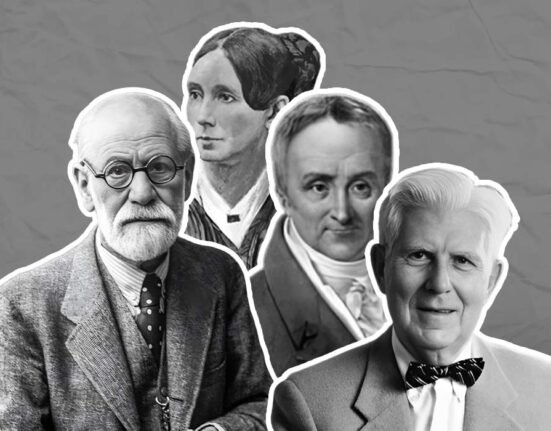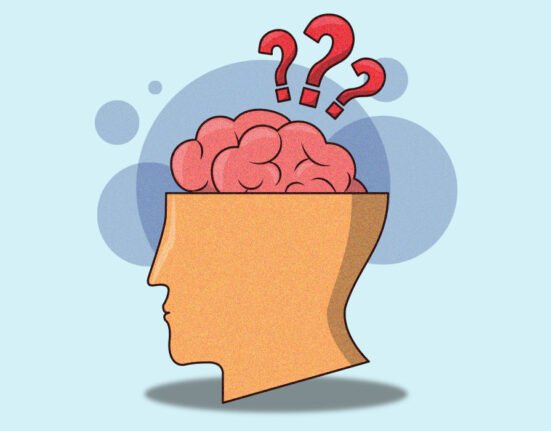Bhagavad Gita, a book that holds the 700-verse Hindu philosophical scriptures in its 18 chapters, in a structure of dialogue between the Arjuna (Pandava Prince) and Krishna (an avatar of Lord Vishnu), his charioteer and guide at the Kurukshetra War between the Pandavas and the Kauravas, is the most influential of all the Hindu scriptures. The name can be interpreted in several ways and has been widely interpreted by researchers and religious leaders. Bhagavad Gita to some means “the Song of God”, or “the Divine Song”, to some it means “the Words of the Lord” and “Celestial Song” to some. Hinduism and Bhagavad Gita have gained many followers across the world, and it has been translated into more than 75 languages worldwide and is still being translated into many more.
Psychology as we know is a widely recognised subject in Western countries, and Wilhelm Wundt the father of Experimental Psychology developed the first laboratory of psychology in the year 1879 in Leipzig, Germany. But we often forget the origin it has in our own country India and among the indigenous philosophers. Gita being one of the most influential among the Hindu scriptures, has a significant role in modern-day psychology and its applications.
Bhagavad Gita is a part of the famous Hindu Mythological scripture Mahabharata and was written in a framework of dialogue between Lord Krishna and Arjuna on the battlefield of Kurukshetra. Arjuna’s mind was preoccupied with the dilemma, as he didn’t want to be the reason for the death of his family and Gurus. The first chapter, “Arjuna Vishada Yoga”, narrates Arjuna’s anxiety, fear, guilt and despair. Overwhelmed by his thoughts and anxiety Arjuna drops his weapons and seeks help from Lord Krishna. “Sishyasthe Aham Sadhi Mam Tvam Prapannam” (I am your disciple, Guide me, Help me).
Read more: The Psychology behind faith
Krishna then answers all his questions and guides him to fulfil his Kshatriya dharma. “Bhagavad Gita depicts what may be one of the earliest documented sessions of cognitive behavioural therapy (CBT), in which Lord Krishna is a psychotherapist-like figure and Arjuna is the client” Suggests Bhatia et al. (2013). This conversation between Arjuna and Lord Krishna is the documented Bhagavad Gita which provides individuals with the most enchanting experience of being self-actualised.
Although Bhagavad Gita has many lessons in it, we can share the 5 most important lessons from Bhagavad Gita in this article.
1. Your life is the result of your choice.
Like Arjuna, we all have experienced this feeling of “why me?”. We face a lack of confidence and motivation to move ahead considering the past which causes anxiety. But if we think in this way that our life is the result of our own choices, and what we decide to do leads to what we face in life, our life will become much easier in terms of decision-making. We will become more mindful while making choices and the chances of errors will be less.
2. Do regular meditation.
We all are familiar with the benefits of Yoga and Meditation in our lives. In Bhagavad Gita, Krishna explains the principles of mediation and how it helps one become self-realized. Doing meditation regularly will increase mindfulness in an individual and let him reach his highest potential as a human being. Krishna says self-realized people are impartial to their friends and enemies, they are beyond good and evil as they reach the highest of their consciousness. Practicing meditation regularly increases self-control.
Read More: Self-love as a form of Self-discipline
3. The first step to mastering your emotions and mind begins with your senses.
Emotions play a significant role in our lives. All of us need to be able to identify, comprehend and regulate our emotions. This also helps us in being empathetic towards others and understanding their emotions. Bhagavad Gita explains how important it is to master our emotions and mind to regulate our senses and reduce vulnerability towards false beliefs. When Arjuna decided to drop his weapons as he was anxious and guilty of fighting against his cousins, uncles and Gurus Krishna counselled him to return to a stable mental state and fulfil his duty as a warrior (kshatriya dharma).
Read More: Empathy in Action: Helping Children Navigate Big Emotions
4. You become what you believe in.
You are what you believe in, describes our identification and understanding of ourselves. It is one of the most important lessons as, oftentimes we lack belief and confidence, if you are confident of what you believe you can achieve it. Bhagavad Gita describes to us this very lesson to be confident of our choices and beliefs.
5. Change is a universal law, so every happiness or sorrow is temper.
Sometimes sorrow becomes so deep it feels like this sorrow will last forever and there will be no way to get out of it. But the Bhagavad Gita teaches us nothing is permanent and change is a universal law. No emotional state, either happiness or sadness can last forever. This very idea about life can change one’s perspective on life. For example, when we look into the state of learned helplessness where an individual believes that the person lacks control over their life events and this will last forever. If we introduce this concept of accepting change it becomes easy for us to understand that nothing, even the most joyous moments will not last forever.
In summary, the Bhagavad Gita imparts timeless wisdom applicable to modern life. It teaches us to take responsibility for our choices, embrace regular meditation for self-realization, master our emotions and beliefs, have confidence in ourselves, and recognize the impermanence of joy and sorrow. This revered scripture continues to guide people globally, transcending religious boundaries and remains a profound source of insights for navigating the complexities of human existence.
Read More Articles on Psychologs
- Mental Health Among Elderly People
- 7 Times Mental Health was in the Spotlight in 2023
- 6 Reasons People Make False Accusations and How to Deal with it
- What is Mindfulness-Based Cognitive Therapy?
- Impact of ASMR on Mental Health
References +
- https://www.bhagavad-gita.org/
- https://en.m.wikipedia.org/wiki/Bhagavad_Gita
- https://healthandnaturelife.com/psychological-lessons-from-bhagvad-gita/
- https://link.springer.com/article/10.1007/s11089-023-01070-2
- https://pubmed.ncbi.nlm.nih.gov/23858274/
- https://www.researchgate.net/publication/225095885_Psychotherapy_-_Insights_from_Bhagavad_Gita













Leave feedback about this